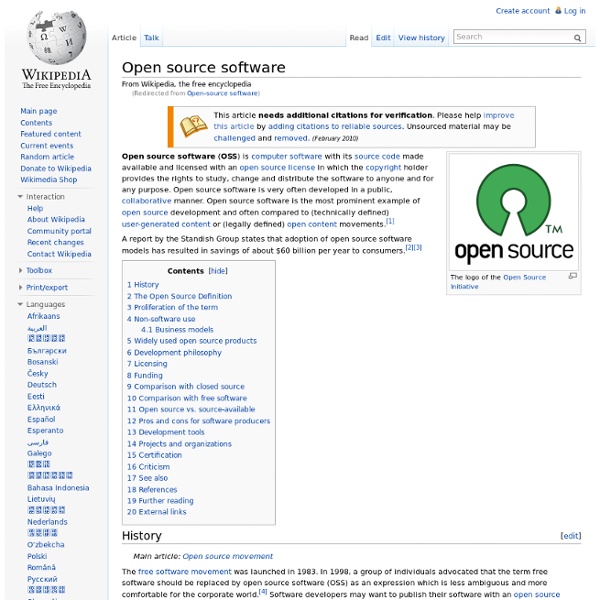What is Social Justice? » salvos.org.au/more/
What is Social Justice? In Australia, we have a pretty good understanding of what justice is. You know, justice is that thing that involves courts and lawyers, which makes sure that the bad guys get punished, the good guys get compensated, and that everyone gets a fair go... But what happens when society itself is the 'bad guy'? What happens to justice when our spending habits keep people enslaved? When the law or national policy victimises the poor and marginalised? The answer? And social injustice won't end until someone stands up for those who don't have the ability to stand up for themselves. That's really what we're on about when we talk about social justice - it's the pursuit of justice purely for someone else's sake. Why The Salvation Army? Right around the world, The Salvation Army helps people who have nowhere else to turn. General William Booth, founder of The Salvation Army, believed in this approach. Learn more and get involved
Open Source Initiative
non-profit organization promoting open-source software The Open Source Initiative (OSI) is a non-profit organization dedicated to promoting open-source software. The organization was founded in late February 1998 by Bruce Perens and Eric S. Raymond, part of a group inspired by the Netscape Communications Corporation publishing the source code for its flagship Netscape Communicator product. Later, in August 1998, the organization added a board of directors. History[edit] In 2009, the OSI was temporarily suspended from operation as a California corporation, apparently in response to a complaint concerning tax paperwork from earlier years.[14][clarification needed] Its current status is "Active".[15] On November 8, 2013, OSI appointed Patrick Masson as its General Manager.[19] Relationship with the free software movement[edit] Board members[edit] The current Open Source Initiative board of Directors is:[23] Past board members include: See also[edit] References[edit] External links[edit]
Why “Free Software” is better than “Open Source” - GNU Project
While free software by any other name would give you the same freedom, it makes a big difference which name we use: different words convey different ideas. In 1998, some of the people in the free software community began using the term “open source software” instead of “free software” to describe what they do. The term “open source” quickly became associated with a different approach, a different philosophy, different values, and even a different criterion for which licenses are acceptable. The fundamental difference between the two movements is in their values, their ways of looking at the world. Relationship between the Free Software movement and Open Source movement The Free Software movement and the Open Source movement are like two political camps within the free software community. Radical groups in the 1960s developed a reputation for factionalism: organizations split because of disagreements on details of strategy, and then treated each other as enemies. Comparing the two terms
Free Open Source Software
Feminist Hackerspaces as Safer Spaces? | .dpi
In this article, I propose the concept of safer spaces as a way to understand feminist hackerspaces. To do this, I focus on the creation of spaces that are based on the assumption that shared common values, whether explicit through a community agreement and/or implicit through a common experience, enable group members to flourish and empower themselves. I follow an intersectional feminist standpoint as 1) an epistemological tool that connects those who experience interlocking oppressions at the crossroads of their gender, race, class, citizenship, sexuality and other identities; and 2) as a commitment to radical inclusivity. Hackerspaces are relatively new in North America. To know more about the Hackerspace Movement, watch a presentation by Mitch Altman, co-founder of Noisebridge, at TEDxBrussels. Hackerspaces are generally volunteer-run, self-managed, autonomous spaces. Methodology As a feminist scholar and activist, I am sensitive to questions of positionality. Safer Spaces Conclusion
OpenOffice.org
Intersectionality
Intersectionality is a concept often used in critical theories to describe the ways in which oppressive institutions (racism, sexism, homophobia, transphobia, ableism, xenophobia, classism, etc.) are interconnected and cannot be examined separately from one another. The concept first came from legal scholar Kimberlé Crenshaw in 1989 and is largely used in critical theories, especially Feminist theory, when discussing systematic oppression. When possible, credit Kimberlé Crenshaw for coining the term "intersectionality" and bringing the concept to wider attention. Principles Edit In order to achieve anti-oppression aims, here are some things for geek groups to consider: Aiming for diversity in general as well as gender-balance and women-friendliness in particular. Discussions of intersectionality in geek culture References Wikipedia Intersectionality on The Angry Black Woman An account of Patricia Hill Collins' comments on the use of the term "intersectionality" by white feminists. See also
Les logiciels libres et l’Éducation - Une conférence de Jean-Pierre Archambault - Éducation
Professeur agrégé de mathématiques, Jean-Pierre Archambault est chargé de mission veille technologique au CNDP-CRDP de Paris, où il assure notamment la responsabilité du dossier des logiciels libres, coordonnant le pôle de compétences logiciels libres du SCEREN. C’est à ce titre qu’il a été invité à parrainer la Journée Logiciels Libres pour l’Éducation 2005, organisée par l’association Graoulug, l’université Paul Verlaine - Metz et l’IUT de Metz, qui a eu lieu le mercredi 16 mars 2005 à l’IUT de Metz. À cette occasion, il a donné une conférence sur le thème :"Les logiciels libres et l’Éducation". Il y aborde toute une série de questions et d’enjeux essentiels liés au développement du logiciel libre ; cela va de sa définition, la viabilité de son modèle économique, son intérêt pour l’éducation en particulier mais aussi pour le secteur de l’informatique en général. Cette conférence a été filmée et vous trouverez ici une sélection de ses passages essentiels. "Conférence ? Victor Hugo



